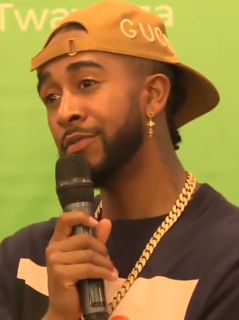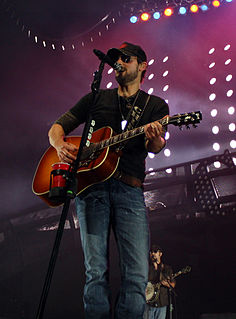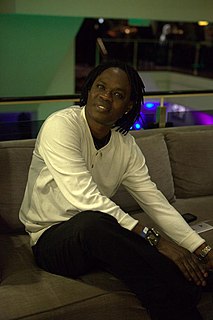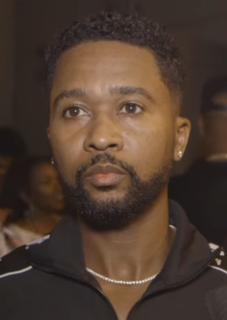A Quote by T Bone Burnett
We live in an age of music for people who don't like music. The record industry discovered some time ago that there aren't that many people who actually like music. For a lot of people, music's annoying, or at the very least they don't need it. They discovered if they could sell music to a lot of those people, they could sell a lot more records.
Related Quotes
I think in the old music, everything was so competitive. It was all about - very selfish in a lot of ways. The label sort of capitalized on that desperation and that competition. In the new music landscape, with is the democratization of the internet and music in general, I think it can be a lot more collaborative. People, instead of competing, they can actually support each other, in music.
I think we make too many records. One record a year is crazy to me. But some people have to sell tickets. The label has to meet their quarterly number: 'We need a record a year.' All of a sudden, the tail's wagging the dog. It's not the music; it's everything else making the music. That's just backwards. It's wrong.
Growing up, I listened to a lot of everything - I fell in love with music, when I discovered people like Lauryn Hill and Tracy Chapman, people whose voices I could really feel, people with a lot of soul. That's what I'm drawn to as a musician: Anybody that has their own voice and their own point of view.
I think I'm really part of a whole generational movement in a way. I think a lot of other people since and during this time have gotten interested in writing what we can still call experimental music. It's not commercial music. And it's really a concert music, but a concert music for our time. And wanting to find the audience, because we've discovered the audience is really there. Those became really clear with Einstein on the Beach.
I did not like that name "world music" in the beginning. I think that African music must get more respect than to be put in a ghetto like that. We have something to give to others. When you look to how African music is built, when you understand this kind of music, you can understand that a lot of all this modern music that you are hearing in the world has similarities to African music. It's like the origin of a lot of kinds of music.
Guys like Future and me, we help create and shape the sound of music - not just Atlanta music, but music all over. If you really pay attention to the music being made, a lot of that is very heavily influenced by the stuff that we created. I listen to so many songs that's like, 'Damn, this sounds like my music!'
I want the music to be heard as close to when I made it, as much as possible. I don't want to get into some "future of the music industry" thing, or where I stand on digital this or that, but I think it's ridiculous that a lot of people in the industry plan so far ahead that it makes a lot of improvisation impossible and makes a lot of people's expectations fixed and not fluid.
A lot of people ask me, 'How did you have the courage to walk up to record labels when you were 12 or 13 and jump right into the music industry?' It's because I knew I could never feel the kind of rejection that I felt in middle school. Because in the music industry, if they're gonna say no to you, at least they're gonna be polite about it.




































